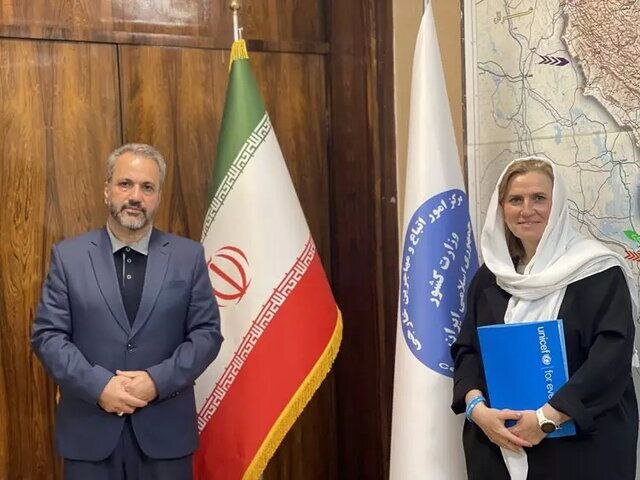
Similar Posts

Health Minister Announces Exciting Relaunch of Family Physician Program This Year!
The Family Physician Program is set to launch in Iran during the current year, aiming to enhance healthcare delivery through reforms and better patient pathways. Health Minister Mohammad-Reza Zafarqandi emphasized the need for collaboration among stakeholders and the establishment of a national headquarters for effective management. The program, which originated in 2005, focuses on improving access to healthcare in smaller communities and includes services like health examinations, mental health support, and 24/7 care. Currently, it covers 182 cities, benefiting over 20 million Iranians, and seeks to modernize the healthcare system through preventive care and systematic support.
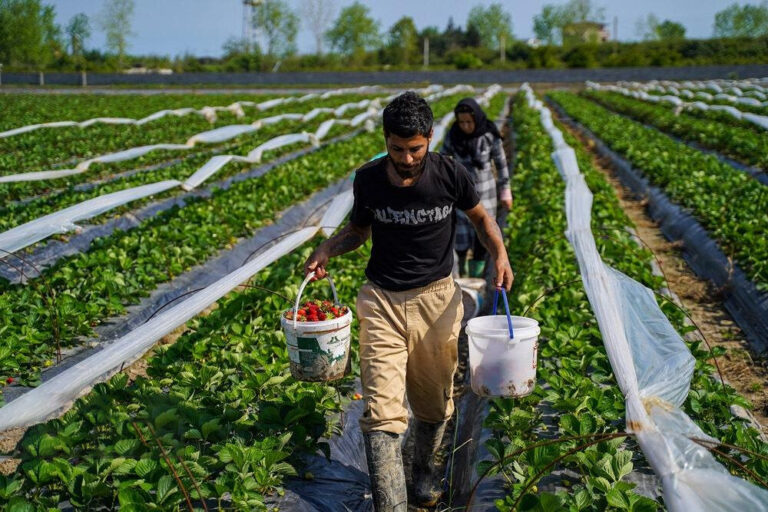
Sweet Beginnings: Mazandaran Kicks Off Strawberry Harvest Season!
In Bahnamir County, Mazandaran, Iran is making notable progress in strawberry production, yielding over 22,000 tons annually. The country aims to boost total strawberry output to 70,300 tons by 2026, reflecting a 1.8% annual growth rate. This initiative highlights the significance of strawberries for domestic consumption and export. Favorable climate and modern farming techniques contribute to the region’s success. Government support includes training programs, financial assistance, research on pest-resistant varieties, and improved market access. These efforts align with Iran’s agricultural policies to enhance food security and reduce import reliance, securing a prosperous future for strawberry cultivation.
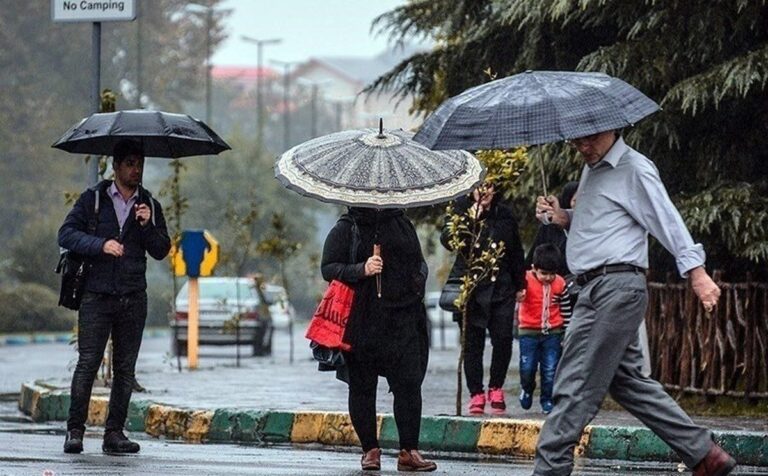
Unpredictable Weather Ahead: Below-Average Precipitation Expected This Month!
As early spring approaches, Iran’s weather forecast predicts mixed rainfall patterns and temperature changes. From March 10 to April 4, rainfall is expected to be below normal, with temperatures varying regionally. The central regions will experience below-normal temperatures, while the northwest will see above-normal warmth. The forecast indicates less than normal precipitation across most areas in the following weeks, with temperatures in the northern half rising 3 to 6 °C above normal. Despite a 19% increase in rainfall over the past year, Iran continues to face challenges from previous droughts and ongoing water shortages.
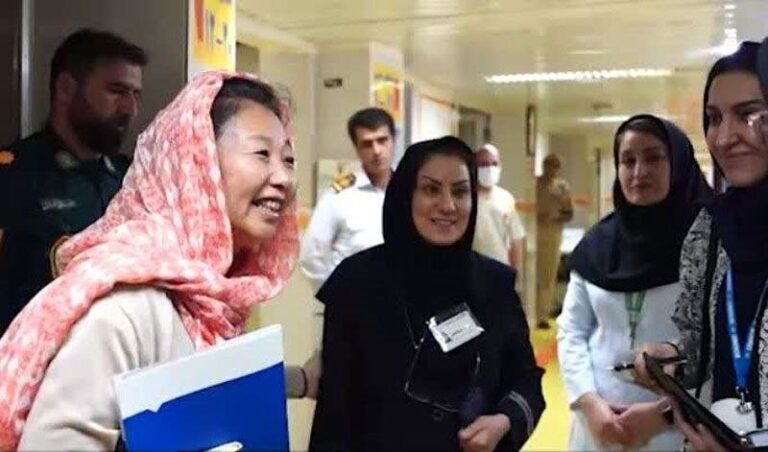
UNHCR Celebrates Exceptional Medical Care for Refugees in Isfahan
During her visit to Al-Zahra Hospital in Isfahan, Yumiko Takashima, UNHCR Representative in Iran, commended the hospital’s exceptional healthcare services for Afghan refugees, emphasizing their equitable treatment alongside Iranian patients. She acknowledged the resilience of Afghan patients and praised the medical staff’s professionalism. Despite ongoing economic challenges, the hospital caters to numerous patients daily. Takashima’s visit aimed to explore potential collaboration with the UNHCR for funding refugee treatment costs. Iran, hosting approximately 773,000 refugees, is the largest refugee-hosting country globally. The UNHCR has outlined strategic priorities to enhance support for refugees, ensuring their rights and needs are met.

Tragic Mining Accidents in Iran: A Stark Warning on the Urgent Need for Enhanced Safety Measures
Between April 6 and 9, 2025, a series of mining accidents in Iran resulted in the deaths of at least nine workers, highlighting critical safety concerns in the sector. The first tragedy occurred in Abdullah Abad, where a mine collapse claimed one life. The second, more devastating incident at the Mehmānduye mine in Damghan led to seven fatalities due to oxygen deprivation, exacerbated by poor safety conditions and a lack of operational ventilation. A third death occurred in Bajestan from falling debris. These incidents underscore a persistent pattern of neglect and inadequate safety regulations in Iran’s mining industry, prompting urgent calls for reform.
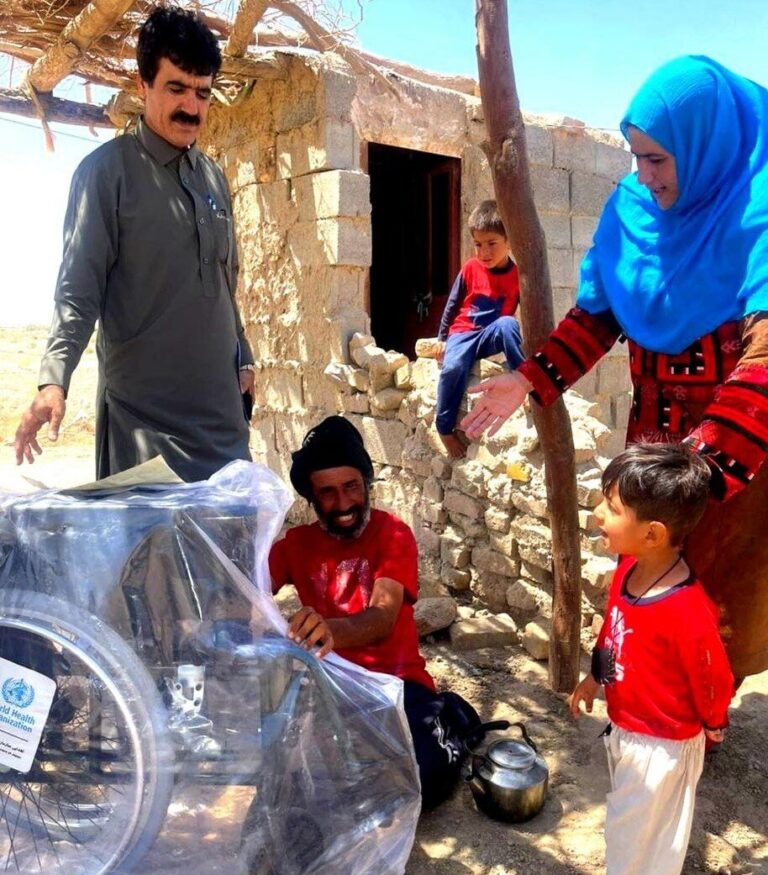
Transformative UN Initiative Empowers Persons with Disabilities in Iran
In 2023, the UN launched a program in Iran aimed at improving the quality of life for individuals with disabilities, collaborating with WHO, UNICEF, and UNFPA. Key achievements include training 410 professionals, conducting an earthquake drill in a special school, and enhancing disaster preparedness strategies. The initiative provided assistive technologies to 1,099 individuals and a Braille Embosser for 2,500 visually impaired students. Economic empowerment training benefited 135 women with disabilities. Despite challenges from sanctions, Iran remains committed to enhancing services for people with disabilities, as emphasized by former State Welfare Organization head Ali-Mohammad Qaderi at the 17th CRPD conference.